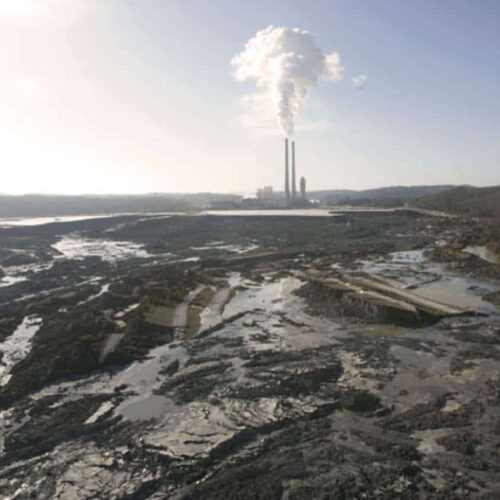Introduction
With a handful of Democratic votes, the House Energy and Commerce Committee passed a bill Wednesday that limits the EPA’s ability to regulate coal ash and says coal ash residue deserves little more scrutiny and regulation than municipal trash.
Instead of giving the Environmental Protection Agency the mandate to regulate coal ash, the bill puts the onus on states to set up a program to deal with the issue. EPA would provide oversight. The bill passed by a 35-12 vote, with six Democrats joining the GOP.
As iWatch News has reported, coal ash’s metals have poisoned water supplies, damaged ecosystems and jeopardized the health of nearby residents. EPA has faced stiff resistance in trying to regulate the material as hazardous waste, led by coal-supported politicians such as one of the bill’s biggest proponents, David McKinley, R-W.Va.
“I’m going to defend the coal industry all across America,” McKinley said Wednesday. “We cannot afford any further attack in this war on coal.”
The bill’s most vocal detractor, Henry Waxman, D-Calif., said it was pushed too fast and without a proper hearing.
“There are differences between municipal solid waste and the kind of waste we’re regulating,” he said during the bill’s markup. “We haven’t really had the chance to engage fully on this legislation, with EPA. This is a major piece of legislation. I’m not sure it’s going to be effective.”
Waxman called for more time to improve the bill before it goes to the House floor for a vote.
In its newest spending proposal for the EPA, the House appropriations committee included a section that forbids the agency from using federal dollars to regulate coal ash. The move had environmental groups calling foul and saying Republicans were trying to hide pet legislation in a must-pass appropriations measure.
“You have a handful of spaghetti.” said Lisa Evans, an attorney for EarthJustice who specializes in hazardous waste litigation. “Maybe you throw some at the wall and see what sticks.”
Read more in Environment
Environment
White House urges end to programs that can make dangerous jobs safer
Obama budget cuts could impair safety in some of the deadliest occupations

Join the conversation
Show Comments